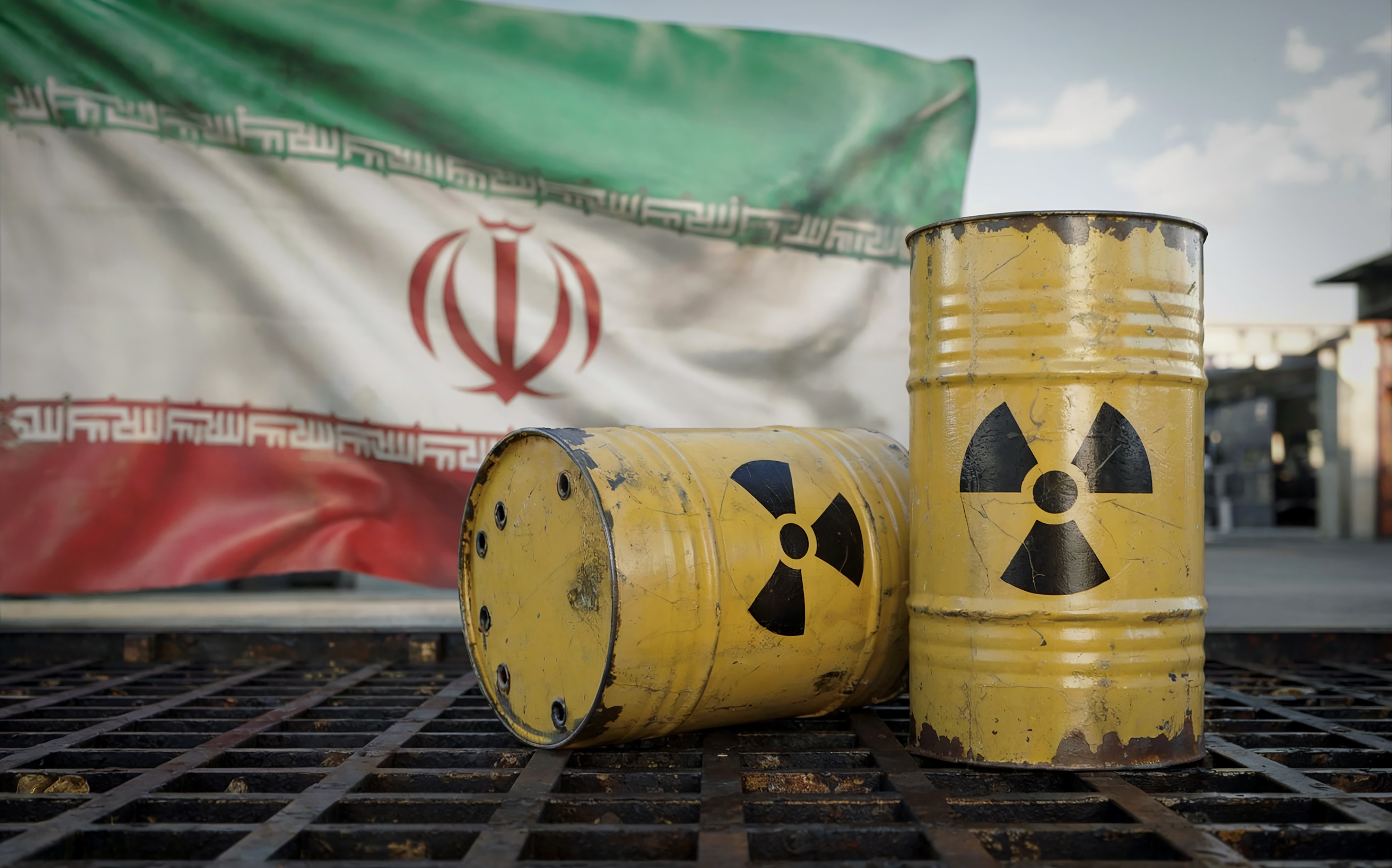
The US and Israeli attacks on Iran and the targeting of its nuclear facilities have numerous repercussions However, these will depend on the extent of the damage to Iran's nuclear programmes and will only become clear after the evidence and results.
There is no doubt that Iranian losses were much greater than Israel's. We know that Israel deliberately conceals its losses because its ability to withstand the psychological pressure of Israeli society is probably less than Iran’s. Moreover, in the recent attacks on Israel, Iran targeted sites within cities for the first time.
Nonetheless, Israel is still expected to raise questions about Iranian programmes and policies, while reserving the right to take military initiative and target Iranian sites. Israel is creating controlled areas of tension with Iran and in the Middle East, with the aim of maintaining internal unity and Western support for its positions.
Israel will also focus on the issue of uranium enrichment, while addressing various aspects of military capabilities. It will also reserve its right to use force across borders, which has been one of Israel's most significant achievements in recent months, especially since it occurs without accountability from the international community.
Future US positions remain unclear. If the dangers of the Iranian nuclear programme are eliminated, it is preferable for the US to avoid direct military operations except within the narrowest limits. Israel will maintain the upper hand, with a security arm in the region, while being aware its actions always carry the risk of drawing the US into military confrontation. Important elements to consider when determining Israel's position include ensuring a ban on Iranian nuclear enrichment is in place and providing transparency for the Iranian nuclear programme through extensive inspection procedures and international safeguards.
Iran could do several things, including continuing with uranium enrichment, or handing over highly enriched material. However, Iran considers this would be surrendering to the United States and, according to statements by the Iranian Supreme Leader, rules it out. However, it is not in Iran's interest to enter into another direct military confrontation, given the significant human, material, and political losses it has suffered.
It's only natural for Arab and Gulf states to be concerned about recent events and prepare for various scenarios. These include the possibility of nuclear leaks, hidden military nuclear programmes, or renewed conflicts with Israel and their impact on Gulf security. All these worry the Gulf States. Therefore, they are preparing so they are preparing to confront these possibilities, in terms of developing preventive capabilities, national security, and technology.
These concerns and reviews extend to the countries of the Levant and Egypt, because a military-technological clash between Iran in the Gulf and Israel in northwest Asia would have widespread repercussions in the Levant and North Africa.
What is certain is that it will be difficult to curb the current Israeli government's aggressive regional outlook. This is made worse by biased American positions. However, it is imperative to attempt to limit the dangers and repercussions of these events by removing the nuclear equation as much as possible from the conflict. This requires addressing the Iranian situation, nuclear threats, and the real obstacle to finding lasting peace in the region, namely Israel. This must be done before matters spiral completely out of control and the region witnesses the growth of hidden military nuclear programmes.
Despite Iran's expected procrastination, some of which is legitimate given recent events and the poor performance of the IAEA Director General, Rafael Grossi, there will be no end to the situation or pressure on Iran without the full resumption of IAEA inspection safeguards on Iran's nuclear programmes. The Iranians have learned a lesson from Trump's withdrawal from the nuclear agreement in 2018, and they now have a sense of mistrust toward Washington. They want to gauge the US administration's intentions before deciding to enter into direct negotiations.
There will also be the need to clarify the fate of nuclear material that is enriched to 60 percent. Will this enrichment be halted or reduced within Iranian borders. There are also Israeli and American demands that controls be imposed on Iran's ballistic and military capabilities.
Iran is a party to the Nuclear Non-Proliferation Treaty (NPT) and has accepted additional inspection procedures at its facilities. It has the legal right to enrich uranium within the limits specified in the treaty and its safeguards and inspection mechanisms. No state has the right to use force against it simply because of a disagreement over its policies.
The only Middle Eastern state refusing to join the NPT is Israel. Its nuclear facilities are not subject to inspection. It has uranium enrichment facilities and is likely to possess numerous nuclear weapons and air and ballistic missile delivery vehicles. Israel’s programme is the most dangerous to the security and stability of the region and could create a race to develop military technology in the Middle East.
Photo: Iran's nuclear programme is a concern for the Gulf States, as well as countries in the Levant and North Africa. (by Adobe)